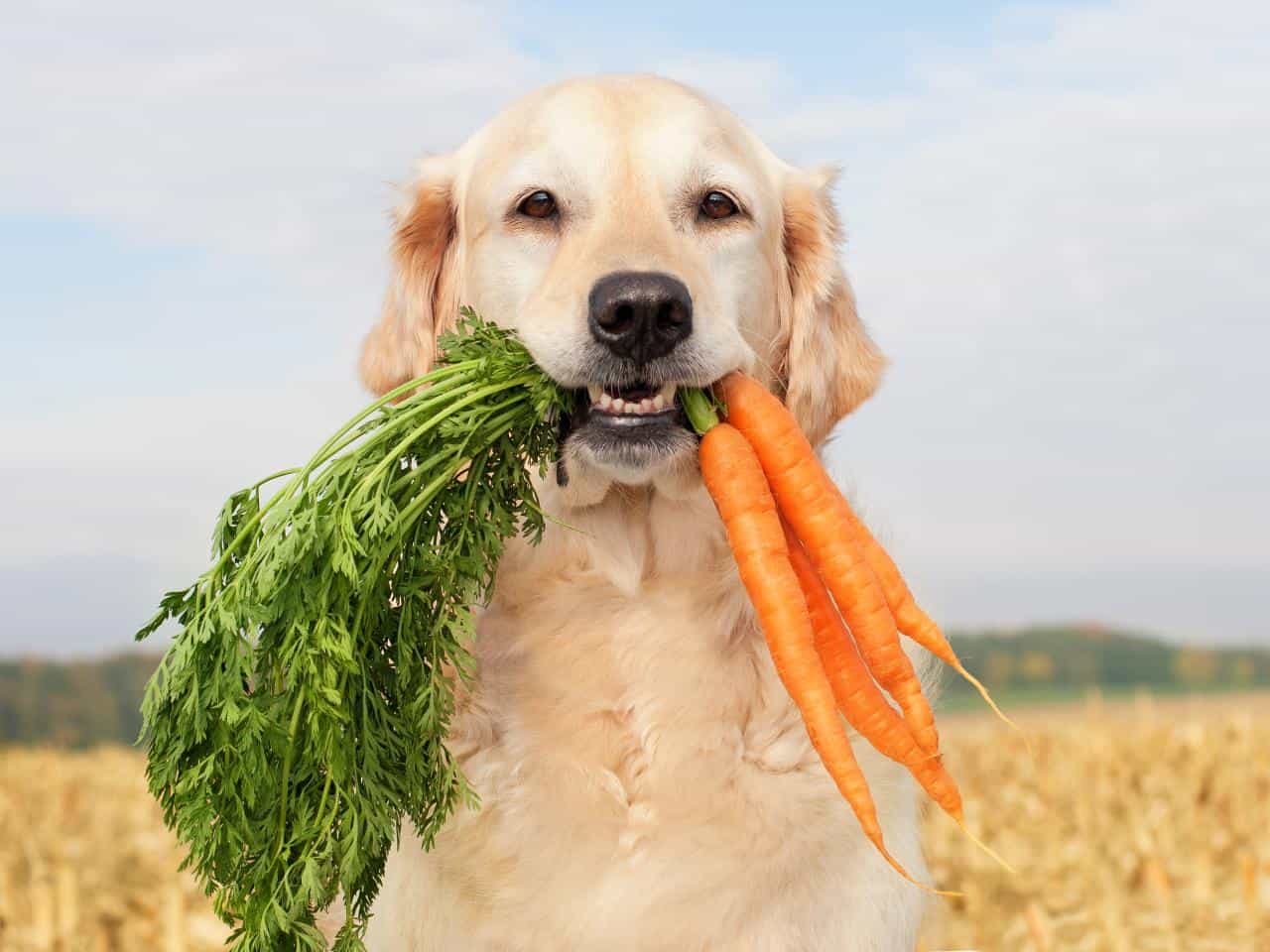A Guide to Pet Nutrition

Pet nutrition is a cornerstone of health and wellness. Finding a balanced diet for pets can help ensure they live longer, healthier lives. With so many pet food choices on the market, it can be hard to decide which is best for your furry friends. Use this guide to narrow down the selection and find the nutrition your pet actually needs.
A Strong Foundation
To find the best possible diet for your unique pet, it can take some trial and error. You might be sold on a product’s advertised features or ingredients, only to find out that your pet finds it unappetizing. At every pet wellness exam, we can discuss which foods your pet will find tasty, and support their age, lifestyle, and medical history as well.
Achieving a Balance
Once we address your pet’s breed, age, weight, activity level, and health status, we can recommend pet foods designed to fulfill your pet’s dietary requirements. A high-quality pet food has just the right balance of the following components:
- Protein (such as chicken, beef, fish, eggs, or legumes) is essential for cellular growth and repair
- Carbohydrates, such as whole grains, provide sustained energy and fiber
- Veggies provide valuable vitamins and minerals to the diet
- Fats and oils provide necessary energy, add luster to the skin and coat
Crunchy or Not
Each type of pet food has its own benefits and drawbacks. It certainly comes down to pet preferences and your budget, but some wet or canned foods work better than dry, crunchy kibble. Some pet owners have success providing a combination of wet, dried, freeze dried, or freshly prepared foods. Just remember not to switch things up abruptly for your pet. They are, after all, creatures of habit!
Decoding the Label
Avoid pet foods that list abundant preservatives, by-products, meat meals, added flavors, fillers, or colors. The Association of American Feed Control Officials (AAFCO) may have a statement on the pet food of choice. While they don’t regulate pet food, they do provide standards and guidelines.
The label will help you calculate how many calories to feed your pet based on the weight. Remember that any extra food, like treats or even healthy foods, counts toward their daily caloric intake, and meal portions should be adjusted.
Pet Dietary Needs
Puppies and kittens are developing at rapid rates and they depend on a diet that supports such growth. Senior pets, on the other hand, are slowing down and may depend on their food to deliver certain vitamins or minerals that ameliorate certain symptoms, like joint stiffness, pain, dry coat and more.
Some pets benefit from nutritional supplements, but we recommend only pursuing this under the guidance of your veterinarian. Our veterinarians and staff are always happy to assist you with questions or concerns about pet nutrition. Please call us at (530) 823‑6306.


